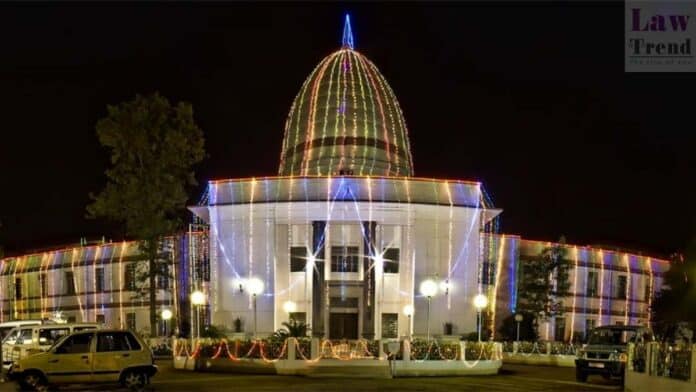The Gauhati High Court, in a judgment delivered by Justice Michael Zothankhuma and Justice Mitali Thakuria, upheld the conviction of a man under the Protection of Children from Sexual Offences (POCSO) Act for raping a minor girl. The court emphasized the importance of the victim’s testimony in such cases, even in the absence of corroborating
To Read More Please Subscribe to VIP Membership for Unlimited Access to All the Articles, Download Available Copies of Judgments/Order, Acess to Central/State Bare Acts, Advertisement Free Content, Access to More than 4000 Legal Drafts( Readymade Editable Formats of Suits, Petitions, Writs, Legal Notices, Divorce Petitions, 138 Notices, Bail Applications etc.) in Hindi and English.




